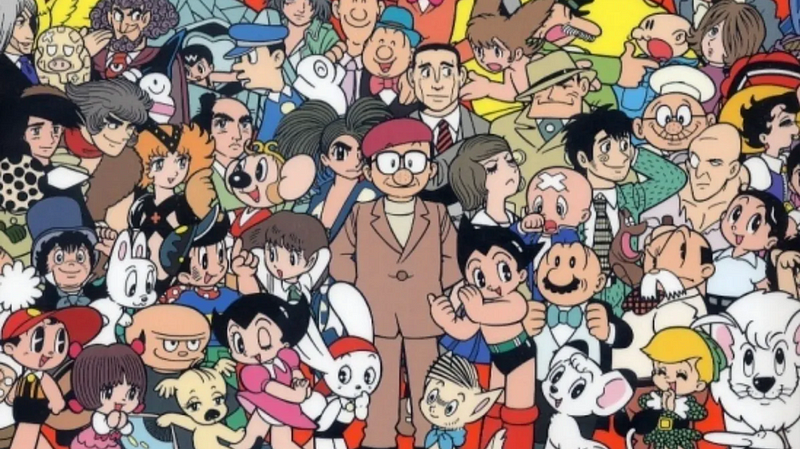Creative Wisdom from the Master of Manga: Lessons from Tezuka
Written on
Chapter 1: The Creative Journey
As creators, we often find ourselves trapped in our thoughts, believing that we must perfect every detail before sharing our work with the world. The misconception that “great” art requires extensive time and cannot be rushed is a comforting fallacy. While there’s a grain of truth to it, many of us hide behind this notion to procrastinate. It’s common to prioritize ‘quality over quantity,’ but the reality is that we don’t have to make that choice. Numerous artists demonstrate that both can coexist.
With age, I’ve come to understand that there’s never an ideal moment to create or publish; it's up to us to seize the opportunity regardless. Society often promotes the idea that having the right tools, routines, and mindset can magically enhance our creativity. We inundate successful artists with questions about their processes, yearning for an external solution to our creative blocks. Sadly, life is not that straightforward.
A recent read, The Art of Osamu Tezuka: God of Manga by Helen McCarthy, reignited my passion for creativity. Tezuka’s relentless work ethic serves as a model for aspiring creators like myself, prompting reflection on what I could accomplish instead of merely contemplating possibilities.

Chapter 2: Lessons from a Legend
Tezuka's dedication to his craft is astonishing. He managed to write, illustrate, and publish his manga while attending medical school. Juggling classes, exams, and even participating in a theater company, he still carved out time to share his creations with the world. His commitment paid off; in just four years, he published an impressive array of works, including 26 long comics, 26 short comics, and multiple ongoing serials.
Lesson #1: Always Make Time to Create
When you treat your creative endeavors as a mere hobby, the results will reflect that. Conversely, viewing them as a career opens the door to significant achievements.
Lesson #2: Quality and Quantity Can Coexist
Throughout his lifetime, Tezuka produced over 700 manga titles, along with anime and educational content. His prolific output didn’t compromise the quality of his storytelling; instead, it enriched it. His creations, including Astro Boy and Kimba the White Lion, have left an indelible mark on global storytelling. While not every piece was a masterpiece, he understood that sharing his work allowed him to evolve and improve based on audience feedback.
The Manga Author That Never Stops Writing: Learn about Tezuka’s relentless creativity and how it can inspire your own artistic journey.
Lesson #3: Innovate Without Starting from Scratch
Tezuka’s approach to character development was unique; he often reused characters across different stories, allowing him to save time and surprise audiences. This clever strategy not only streamlined his process but also kept readers engaged with familiar faces.
Lesson #4: Efficiency in Creativity
Tezuka recognized the value of delegation, employing other artists to help with his extensive workload. He mastered the art of efficiency, finding ways to repurpose character designs in anime to save time without sacrificing narrative quality. His techniques ultimately transformed the anime industry.
Osamu Tezuka's Astro Boy, The Greatest Robot On Earth!: Explore how Tezuka's innovative storytelling and efficiency shaped the landscape of manga.
Lesson #5: Embrace the Art of Retelling
Tezuka often revisited his own stories, adapting them into more developed forms or different media. This practice illustrates that published work can serve as a foundation for further exploration rather than a final product. Viewing our creations as drafts can lead to exciting new directions.
In Conclusion
Life is inherently busy, and it's essential for us to carve out time for our creative pursuits. Let Osamu Tezuka’s legacy encourage you to have faith in your abilities. Consistency leads to improvement, and by reducing the pressure to create something entirely new, you can mitigate feelings of overwhelm. Embrace delegation, establish supportive frameworks, and remember that perfection is an illusion.
Publish your work, regardless of the circumstances, and you may be surprised by where your dedication leads you.